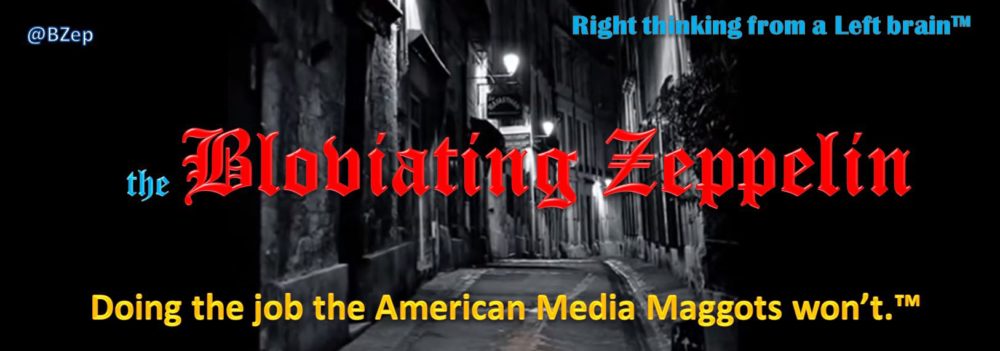Robin Williams wasn’t God, he wasn’t imperial, he wasn’t a dictator, a ruler, an evil man, a politician — or even an “important man.” Except that he was.
He possessed one quality that so few of us have: the ability to make us laugh and, simultaneously, to make us examine ourselves. His was one of the absolute quickest wits on the planet, meeting and surpassing his mentor, Jonathan Winters — who was also disturbed:
I watched Jonathan Winters on his own and other numerous television shows. He was in fact a comic genius and also challenged mentally, spending eight months in a mental hospital in 1959 and again in 1961. He was diagnosed as bipolar.
On Monday, August 11th, Robin Williams took his own life in his oceanside home in Tiburon, Fornicalia, by hanging. Asphyxia.
Robin Williams, a comic genius and one of the great storytellers of our time, apparently chose to end his life because he could not see the next chapter of his own story as containing anything other than unbearable psychological pain.
Such is the power of depression – an affliction which is almost unimaginable to those who have not suffered with it — to twist the truth into something unrecognizable. For the truth is that there were many new and wonderful pages awaiting Robin Williams; he just couldn’t imagine them. He couldn’t believe the darkness would ever end.
Dr Ablow has stated this perfectly. And with truth that so cuts to the story. The real story.
Depression is the grand imposter — posing as all powerful. It can be defeated, every time, if you or the person you care about confronts it like the grand imposter that it is.
Depression is always, to an extent, a psychotic illness. It steals reality — which is, in large measure, defined by the completely justifiable hope in tomorrow’s possibilities — and replaces it with a world in which one doubts his or her abilities, discounts to zero his or her past successes, doubts love, doubts friendship and doubts God.
In its worst forms, it is much more than profound sadness; it is the conviction that nothing good will ever occur, sometimes coupled with horrific and constant anxiety that something unspeakably terrible is about to happen–in a minute, or this very night, or tomorrow.
I can tell you that I have been where Robin Williams was then.
I was there when I encountered my divorce. I can clearly remember sitting on my sloped concrete driveway in the Greenhaven Pocket area, at night, wondering why I was kicked out of my own house — sitting in front of it — why my wife no longer loved me, why my life was completely collapsing around me. I simply lacked the capability to understand. It was summer. My tears hit the concrete and then dried in an instant, as though they had never even happened. My tears were like my life, then. I concluded this.
As though the past seven years had never occurred.
I went to work, in Patrol, and didn’t wear my vest. My beat partner noticed this and my supervisor noticed this. I didn’t care. If I got shot I got shot and I couldn’t have cared less.
But they cared. They took me aside and spoke to me individually. Not like supervisors or cops but man-to-man. Like peers. I will never forget them or their efforts.
In 1987 and 1988, they kept me alive.
I was looking at the Short Game. They were looking at the Long Game.
This is an incredible paragraph, and a telling one from Dr Ablow:
I utterly refuse to give up and will deploy any and every tool at my disposal to win, because I know that every, single case of major depression is a puzzle that can potentially be solved. Every one of them. No exception. Period.
I lived. I survived. Many a trauma and many more future difficulties. Things that, in retrospect, would have felled lesser mortals. I’ve been a cop for 41+ years. And have been involved in any number of critical incidents to include the taking of a life.
I am proud of that. Of my survival. Despite the odds.
And I am here today — to be proud of that — because I did not act on my darkest of days.
BZ


